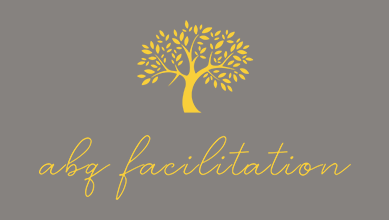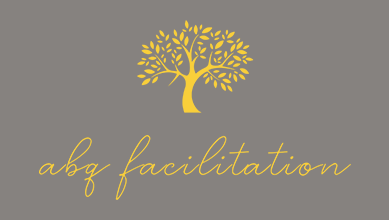Going through a divorce is undeniably one of life's most challenging experiences. But there are processes that can help make the situation both less stressful and less expensive but these processes will require the cooperation of your former partner. If you don’t trust each other now, how do you know you can trust that person while going through a divorce? Here are some signs to help you gauge if an uncontested divorce or mediation is right for you.
When both parties agree on the terms of the divorce without going to court, that is called an uncontested divorce. An uncontested divorce can be done with or without the mediation process. The two parties can bring a full agreement to the attorney who will then draft the documents for them. Or, more commonly, parties come to mediation with some or no agreement and seek assistance reaching a full agreement. While these processes can offer a more affordable path to divorce, it's crucial to ensure that you're not being taken advantage of by your partner during this vulnerable time.
Transparency. Open and honest communication is necessary in a relationship, but this principle extends to the divorce process as well. If your ex-spouse is forthcoming about financial matters, assets, and debts, it's a positive sign that you're both good candidates for an uncontested divorce or mediation. To ensure there has been full disclosure, mediation can help. Our mediators send each party a list of documents to bring to the mediation and both the parties and the mediator will review all documents pertaining to the divorce or separation in facilitating an agreement.
Using the services of an attorney mediator. The level and amount of engaging with an attorney is one of the main differences between mediation and uncontested divorce. In an uncontested divorce, the parties do not retain their own attorneys at all, instead jointly utilizing one attorney to look over the paperwork to ensure a level of fairness has been reached. Alternatively, parties may bring the attorney their agreement but have the attorney draft the paperwork. This ensures the paperwork is done properly and that all issues are addressed. A mediation is a combination of the two whereby the parties meet with one attorney to help reach an amicable agreement. The attorney doesn’t represent either party but assists and facilitates the parties in reaching an equitable division of their assets and liabilities.
Respect for Agreed Upon Timelines. A fair and amicable divorce involves adhering to agreed-upon timelines for exchanging documents, meeting to discuss division of property and preparing documents together. Setting deadlines is a good way for parties to negotiate each step of the separation process. If your partner is not respecting these informal deadlines, you may need to bring in a third party, or mediator to help engage the other party and set meetable deadlines. Sometimes, this may be the only reason you need a mediator. You and your partner may agree on nearly everything, but you alone cannot get that person to engage in writing out an agreement or even discuss the separation. A mediator can help move things along.
Review of Legal Documents. A mediator can help review your documents or draft your documents for you. Having a mediator review your documents ensures the documents are properly prepared. Getting a divorce or separation is often the most important decision a person can make and protecting yourself is important. Whether you have the mediator draft the documents or simply review documents prepared by you, can make a difference in your future financial and emotional well-being.
Emotional well-being of both parties. In most relationships, there is some imbalance of power. A mediator helps even that imbalance by facilitating negotiations and discussions. Again, in an uncontested divorce, the mediator is less involved and is not engaged at all in negotiations. However, knowing an individual will be reviewing the documents can help both parties to negotiate in good faith. In mediation, having a neutral party present can lower volatility and manage the emotions that come with divorce and separation and therefore, you ensure your emotional well-being is being cared for.
In conclusion, moving forward with an uncontested divorce or mediated divorce can save thousands of dollars, but you really need to ensure you are doing so in an emotionally and financially safe manner. An attorney can help you do so either by mediating your divorce or helping you with an uncontested divorce.


